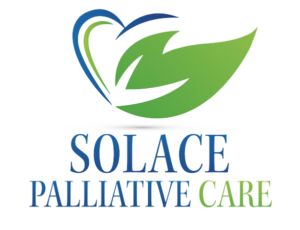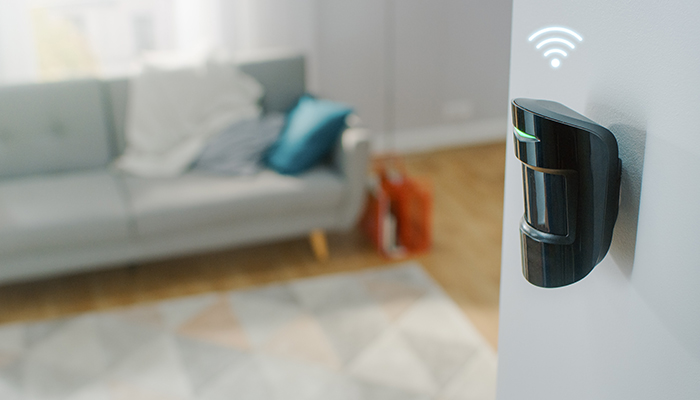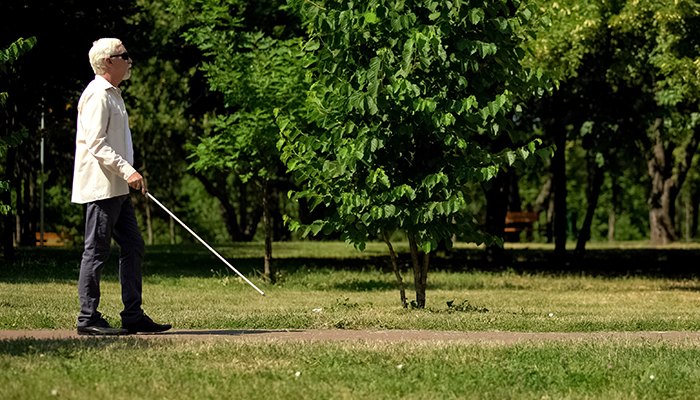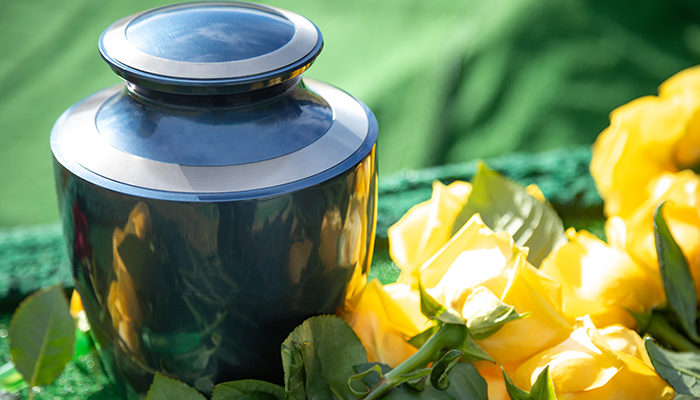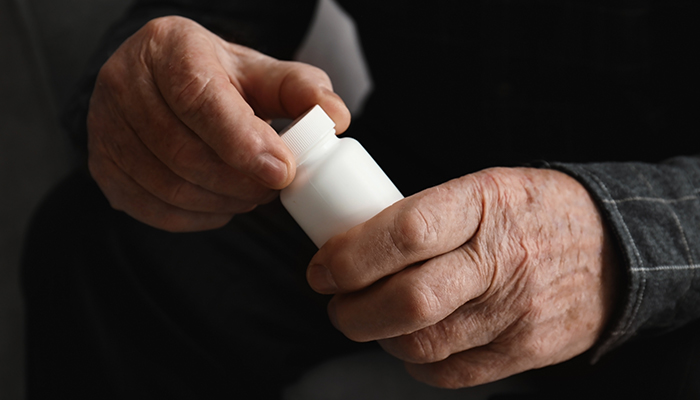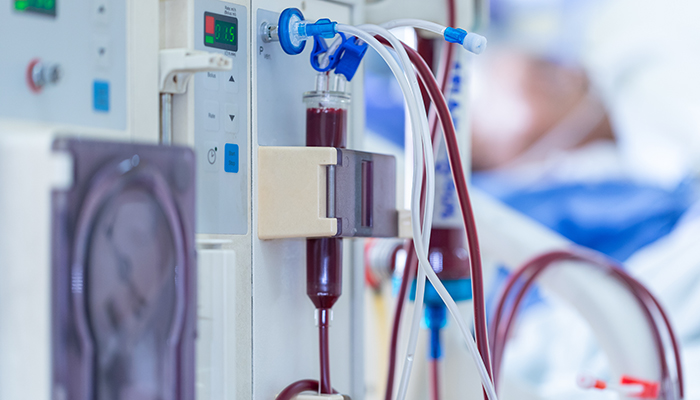
Money matters are often intensely private. And no one wants to infringe on a family member’s independence. Yet it is through (sometimes expensive) financial mishaps that you may learn of changes in your parent’s memory and thinking. Signs of a problem Diseases that affect memory also tend to impair arithmetic skills and reasoning. That’s why…
